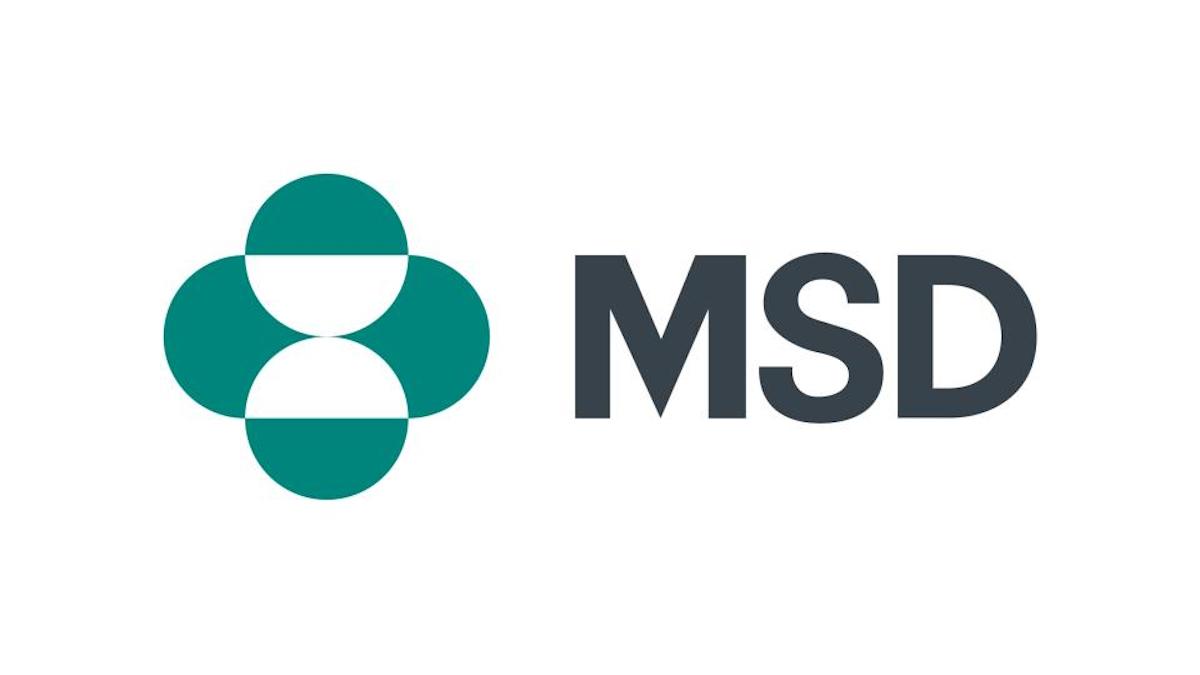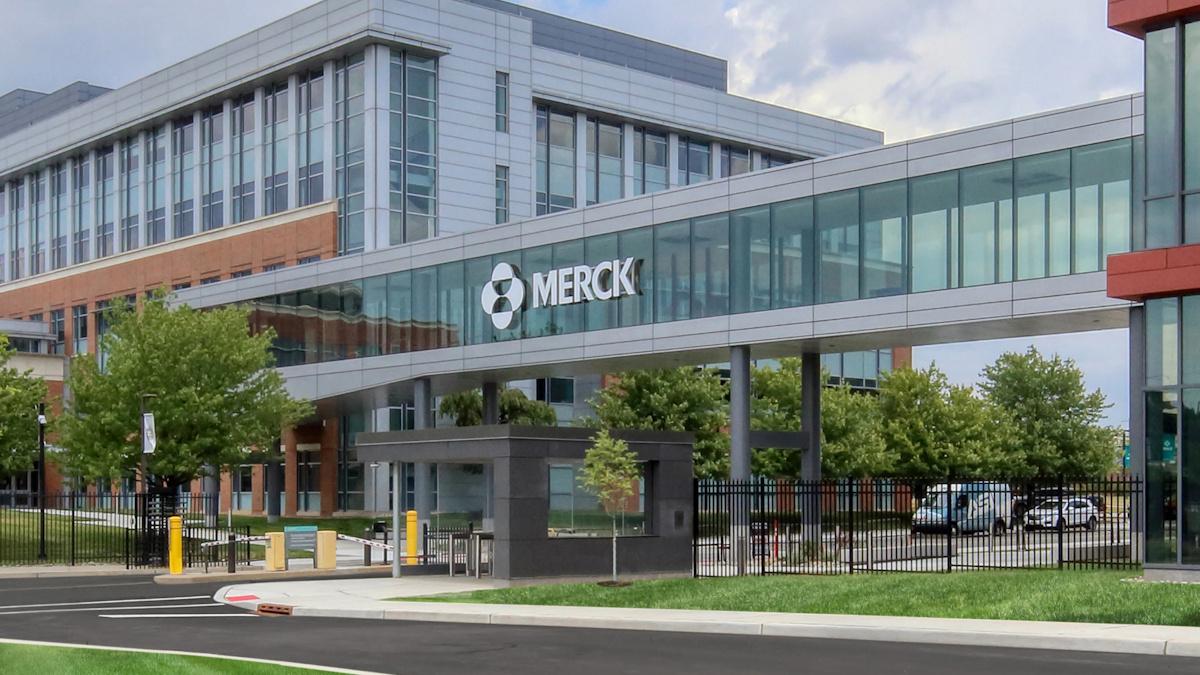MSD joins PD-1/VEGF push in cancer with LaNova deal

There has been a lot of talk about drugs targeting both PD-1 and VEGF stealing the crown held by MSD's Keytruda in cancer immunotherapy. Now, the company has made a move to try to make sure it isn't left behind.
Its solution is a licensing deal with Chinese biotech LaNova Medicines for LM-299, which consists of an anti-VEGF antibody joined to the functional parts of a pair of anti-PD-1 antibodies.
MSD is paying handsomely for the asset, with an upfront payment of $588 million and the potential for future milestone payments of up to $2.7 billion, as it tries to fend off the competitive threat posed by bispecific VEGFxPD-1 bispecific antibodies from the likes of Summit Therapeutics/Akeso, as well as Biotheus, which has just agreed to be acquired by BioNTech.
Summit and Akeso's ivonescimab attracted headlines earlier this year when it was shown to be more effective than anti-PD-1 antibody Keytruda (pembrolizumab) in a Chinese PD-L1-positive non-small cell lung cancer (NSCLC) population.
That led some market observers to predict the drug could become a 'Keytruda killer' and potentially a replacement for checkpoint inhibitor standard-of-care treatments for a range of solid tumours.
Competition from the bispecifics could be a big deal for MSD – known as Merck & Co in the US and Canada – given that Keytruda contributed $25 billion of its $60.1 billion global sales last year.
"At Merck, we continue to assemble a strong and diversified oncology pipeline spanning differentiated mechanisms and multiple modalities," said Dr Dean Li, president of Merck Research Laboratories.
"This agreement adds to Merck's growing oncology pipeline and we look forward to advancing LM-299 with speed and rigour for patients in need."
The company will still have some catching up to do, as LM-299 is early in clinical development, with a phase 1 trial currently enrolling patients in China. Ivonescimab, meanwhile, is in a pair of phase 3 trials, while Biotheus/BioNTech's PM8002/BNT327 is in phase 2, with registration studies due to start in late 2024 and early 2025.
The licensing deal is subject to various closing conditions, including antitrust reviews, but MSD said it expects to close it before the end of the year.
MSD has been investing heavily in its pipeline to prepare the loss of patent protection for Keytruda, which is due to take place around the end of the decade.
Recent examples in the cancer category include a recently-announced $1.4 billion takeover of Modifi earlier this month, a $1.3 billion deal with Curon that added a bispecific drug for B-cell diseases in August, and its licensing of three antibody-drug conjugate (ADC) therapies from Daiichi Sankyo for $4 billion upfront in October last year.












